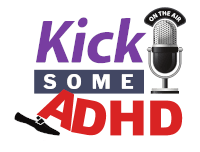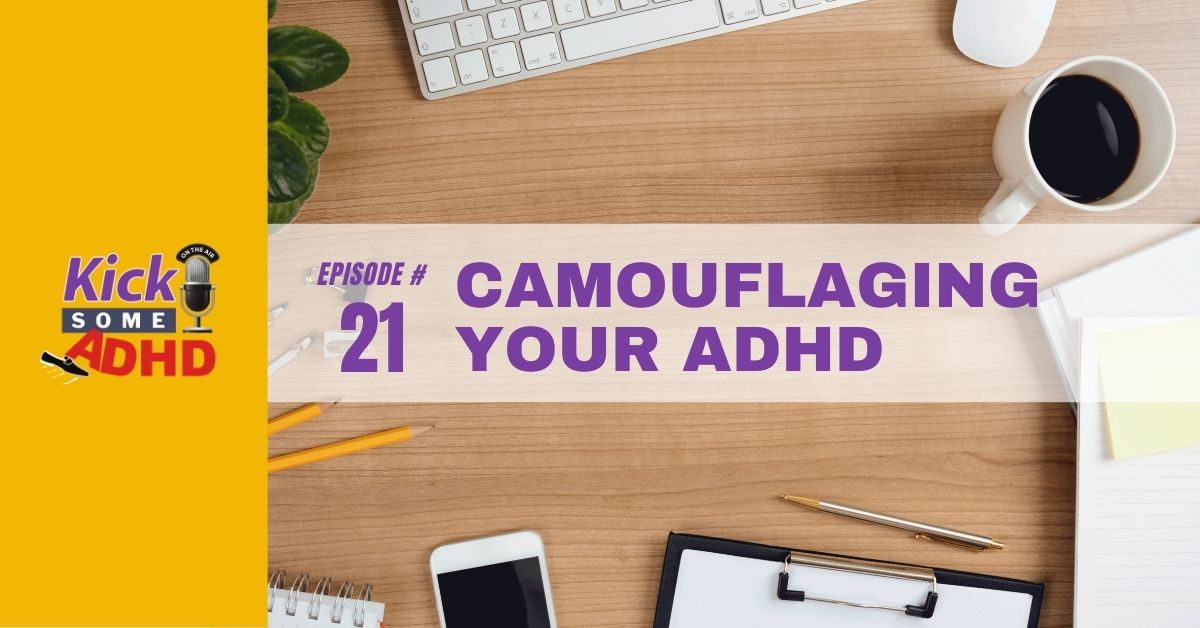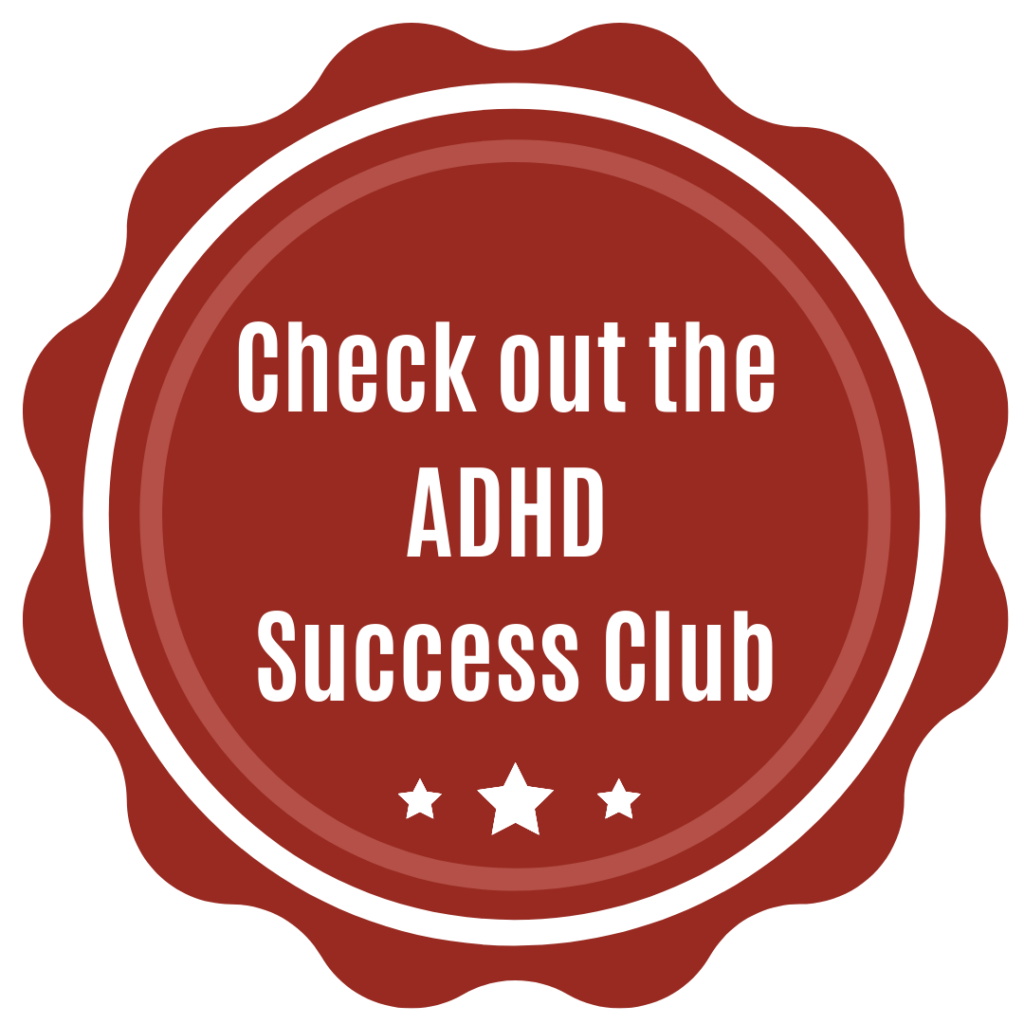Podcast: Play in new window | Download (Duration: 38:05 — 35.2MB)
Subscribe: Apple Podcasts | Spotify | RSS | More
Last week, we discussed how to tell when you need to get help with your ADHD and the various types of help available. But how do you know when to hide your ADHD symptoms and how to go about camouflaging them effectively?
Sometimes, it makes sense to keep certain people from knowing that you have ADHD. We’ll discuss the decision about telling or not telling in more detail next week.
In this episode, though, we’ll talk about some of the ways that we tend to camouflage our ADHD. Sometimes this is not an entirely conscious decision, and other times, there is a good reason to camouflage it. Reasons like:
- avoiding a label
- preventing people from having “ammunition” to use against you
- trying to not stand out by appearing as a so-called neurotypical person in certain situations
But there can be downsides to hiding the fact that we have ADHD. In some situations, camouflaging your ADHD can:
- be deceptive or even fraudulent
- lead to more shame on our part
- hinder you from getting the help you need
We talk about some of the most effective techniques we can use to hide our ADHD when appropriate. But you might be surprised to hear about certain techniques that are a universally bad idea and are decidedly unethical!
Have you ever engaged in harmful camouflaging of your ADHD symptoms? It might surprise you to hear that some people do so without really realizing what they’re doing!
When do you camouflage your ADHD symptoms? How has that helped or hurt you? What do you think about the practice?
Sound off in the comments!



